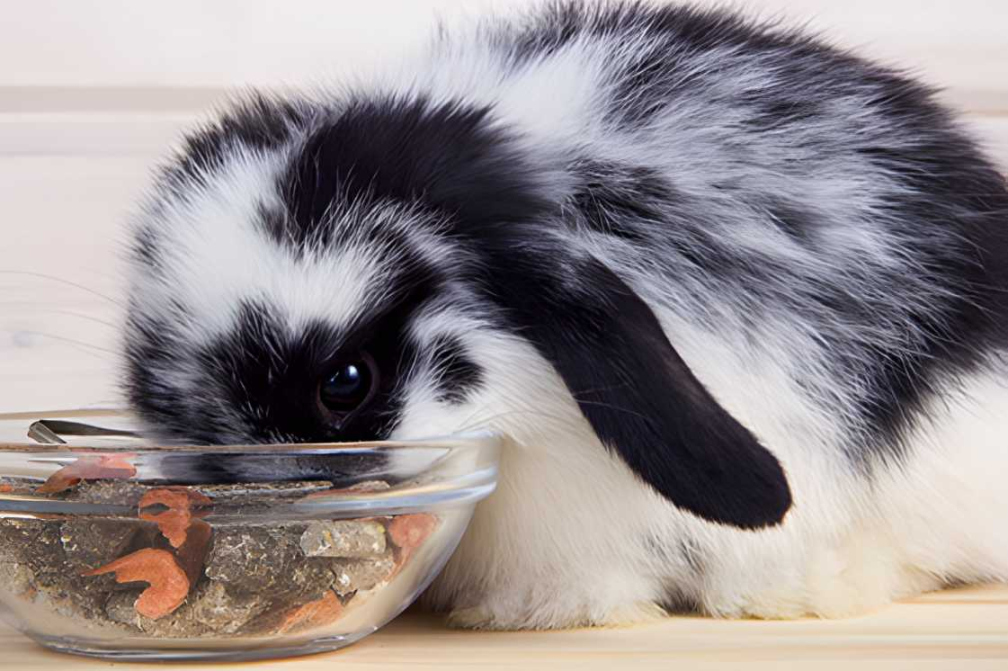What Insects Do Rabbits Eat?
Rabbits are herbivores and their diet primarily consists of plants, grass, and hay. However, they are known to occasionally indulge in insects as well. Insects provide rabbits with additional protein and certain nutrients that are beneficial for their overall health. Let’s explore the types of insects that rabbits eat and their importance in a rabbit’s diet.

1. Grasshoppers
Grasshoppers are one of the most common insects that rabbits consume. These hopping insects are rich in protein and act as a natural source of essential amino acids for rabbits. Rabbits enjoy chasing and catching grasshoppers, making it an entertaining and engaging activity for them.
2. Beetles
Beetles are another type of insect that rabbits readily include in their diet. These insects are high in protein and also contain vital minerals such as calcium and phosphorus, which are necessary for a rabbit’s bone health. Beetles come in various sizes and forms, and rabbits often find them in their natural habitat.
3. Ants
Ants are a favorite delicacy for rabbits. These small insects are not only rich in protein but also provide rabbits with essential fatty acids. Ants are known for their strong scent, and rabbits can easily detect them in the environment. They often dig up anthills to access the ants and consume them.
4. Caterpillars
Caterpillars are an excellent source of protein for rabbits. These larvae of butterflies and moths are packed with nutrients and are easily digestible for rabbits. Rabbits may find caterpillars on leaves or hide in grass, and they eagerly munch on them.
5. Flies
Flies are a common insect that rabbits come across in their surroundings. Although rabbits may not actively seek out flies, they do consume them if given the opportunity. Flies contain protein and other nutrients that contribute to a rabbit’s diet.
Importance of Insects in a Rabbit’s Diet
While insects may only make up a small portion of a rabbit’s overall diet, they provide several benefits for rabbits:
- Additional Protein: Insects serve as a valuable source of protein, which is essential for a rabbit’s growth, muscle development, and overall well-being.
- Nutritional Supplements: Insects contain various nutrients such as amino acids, fatty acids, and minerals that may be lacking in a rabbit’s primary vegetarian diet. Consuming insects helps bridge these nutritional gaps.
- Dental Health: Chewing on insects, especially those with hard exoskeletons, helps rabbits maintain healthy teeth. The gnawing action helps wear down their continuously growing teeth, preventing dental issues.
- Mental Stimulation: Hunting and capturing insects provide mental stimulation for rabbits, as it mimics their natural instinct of foraging and exploring their environment.
Frequently Asked Questions (FAQs)
Can rabbits eat all types of insects?
While rabbits can consume many types of insects, not all insects are safe for them. Avoid feeding rabbits insects that are poisonous or carry harmful toxins.
How often should insects be included in a rabbit’s diet?
Insects should only be given as an occasional treat or supplement in a rabbit’s diet. They should not make up a significant portion of their daily food intake.
Can rabbits be fed store-bought insects?
It is generally recommended to avoid feeding store-bought insects to rabbits, as they may be treated with pesticides or other harmful chemicals. It is best to provide rabbits with insects found in their natural environment.
Are there any insects that rabbits should never eat?
Yes, rabbits should never consume insects such as bees, wasps, hornets, or fireflies. These insects can be harmful or even fatal to rabbits due to their stinging or toxic nature.
Related Articles…
Copyright Notice:
Images displayed on this website are not our property, but are procured from the internet. If you hold copyrights to any image and wish for its removal, please get in touch with us.